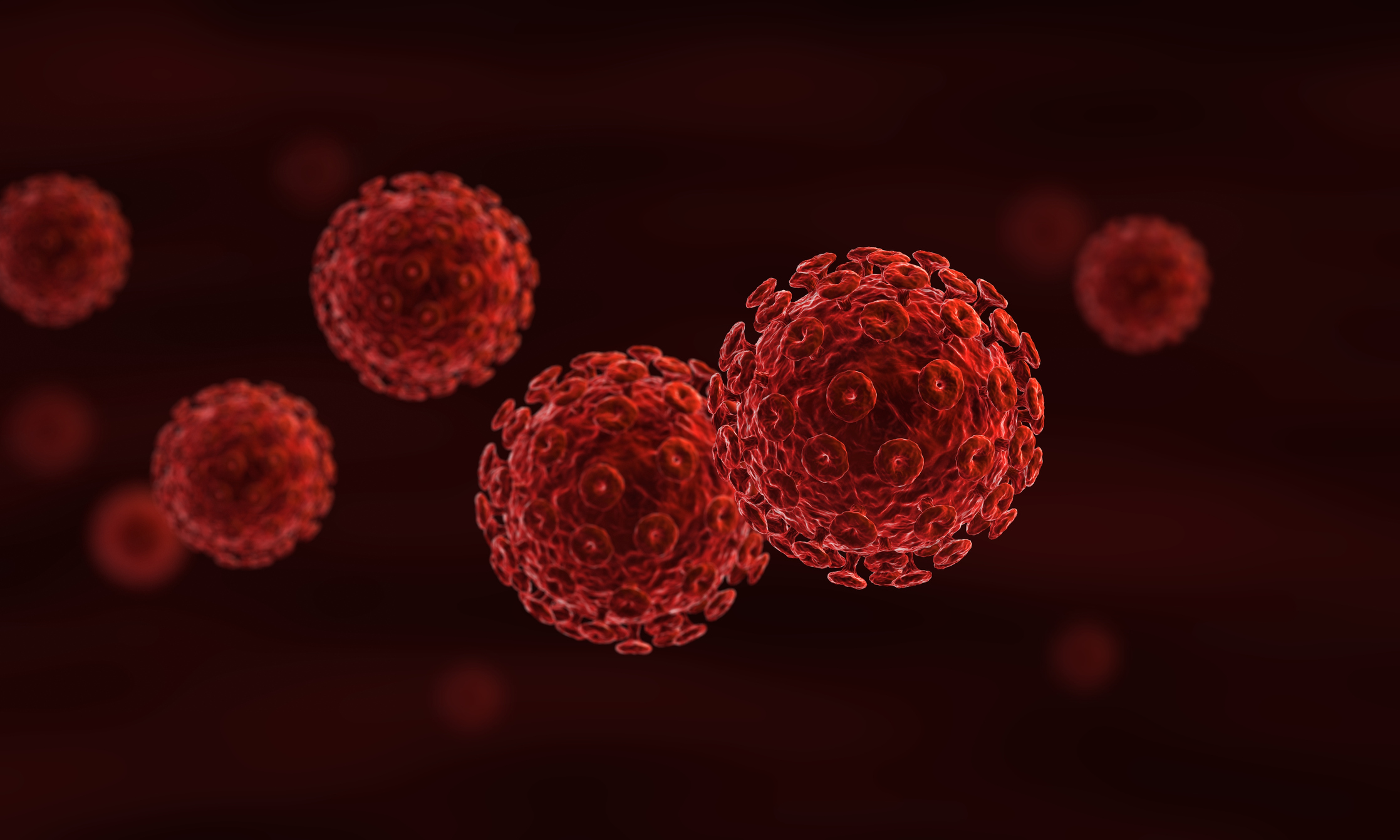Zika virus (ZIKV) has been the cause of some epidemics since 2007. The correlations of microcephaly and Guillain-Barré syndrome with ZIKV have been noticed. Unfortunately, researchers have yet to develop an effective vaccine or drug approved for ZIKV infection. Anidulafungin is a member of echinocandins that is used to treat candida infections. This study assessed the antiviral capability of anidulafungin against ZIKV. Anidulafungin was shown to significantly decrease viral RNA levels, protein expression levels, viral yields, and the rate of infection. In time of addition assays, anidulafungin exhibited inhibitory activities in the early stages of ZIKV infection. In binding and entry assays, administering anidulafungin did not lead to a corresponding decrease in quantity of viral RNA, but a significant decrease in ZIKV infectivity was observed in virucidal assays. This indicated that anidulafungin interferes directly with virions. T-1105 is a viral RNA replication inhibitor, which functions in the late stage of ZIKV infection. When anidulafungin was administered in combination with T-1105, an obvious synergistic effect was observed, resulting in a combination index (CI) value of 0.85 ± 0.13. Finally, we evaluated the effects of echinocandins in terms of half-maximal inhibitory concentration (IC), calculation of cytotoxicity concentration 50% (CC), selectivity index (SI), and Patchdock score. Among the tests, anidulafungin bears the lowest IC and highest Patchdock score. Although anidulafungin is classified as a pregnancy category C agent; however, combination therapy of anidulafungin with a viral RNA replication inhibitor could expand treatment options for ZIKV infection.Copyright © 2021. Published by Elsevier B.V.
Synergistic in-vitro antiviral effects of combination treatment using anidulafungin and T-1105 against Zika virus infection.


